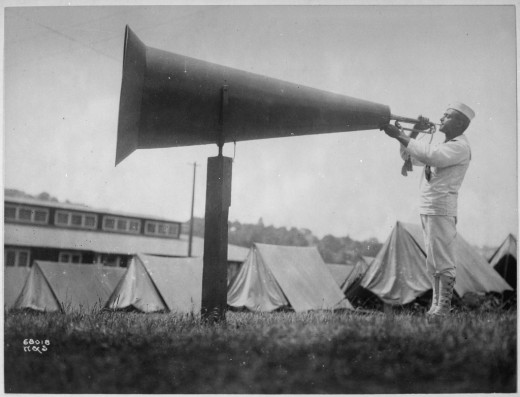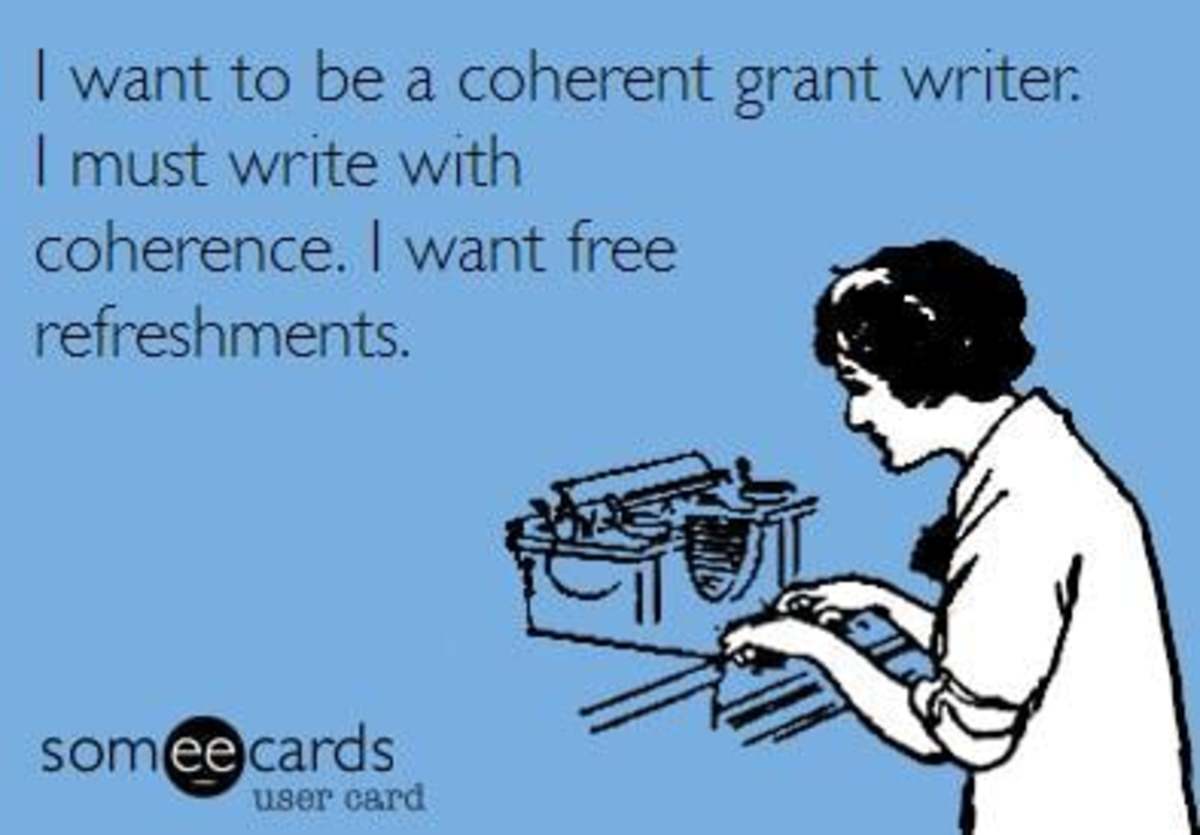How to Improve Business Writing Skills

Why Use Writing Tools?
TECHNIQUE
| WHY IS IT EFFECTIVE?
|
|---|---|
Using Active Voice
| The paragraph flows better. The reader thinks more efficiently.
|
Bulleting
| Organizes your points for the reader.
|
Showcasing a sentence
| Drives a main point home.
|
by Christopher Peruzzi
So there you are. You finally conned some business into hiring you. Now that we know you “walk the walk”, you have to now “talk the talk”.
While you probably have all of the necessary software skills for IT, business administration, and other marketing and advertising jobs, the two major ones, that I’m convinced should be taught in any higher learning environment is to speak and write well.
It’s part of what we call the “halo effect”. Most of the old time businessmen from the 60’s, 70’s, and 80’s put a huge amount of stock in the firm grip of a handshake. It’s a test of character. The new physical equivalent in today’s computer generated virtual office is the well written email and business letter.
In this new environment of offshore resources and communication with people from the PacRim, you have to convey the virtual equivalent of a handshake by being a professional in your email correspondence with enough personalization and courtesy to get your message across effectively and succinctly.
There is a whole plethora of business writing forms that we all must adhere to depending upon the job. A business proposal is written differently from a “statement of work” document. I’m not going to go through every type of business document – that would be foolish. However, I will give you a few tips to punch up any business document or email to make you sound like a well-seasoned veteran.
Try to keep in mind the following.
Time is Money - Get to the Point
You may be an epic blogger with a fan base of thousands, however in the business world maximum verbosity kills. Most executives don’t have time for your wit and prose. As a matter of fact, keep your wit and prose to a minimum. Wit can easily be misunderstood as something inappropriate by some uptight manager who had his sense of humor surgically removed during the Carter Administration.
The habit now with most managers is that they take pride in not reading their emails during business hours. They will either spend the pre-work hours reading through everything that came the night before or start reading their email after 5:PM. Either way, they have at least that day’s itinerary formulating in their head or they may wish to catch the last train home so they can get to the few personal hours they have available to them. Don’t waste their time.
And don't editorialize. Just stick to the facts. You never know who else will read your words.
Start with a basic topic in the summary line. If you’re writing an email mark the importance appropriately and state the subject.
If you’re writing an email limit the content to three paragraphs. Remember the “five W’s” – who, what, where, when, and why. You need to have some variation of this in your message. State the issue in those terms. State why it may be important. And if you have a solution keep it simple (KIS,S). If the solution will take time either explain it in an attachment as a business proposal or ask to get on his calendar for a meeting.
Your email is not the place for this.

Keep It Simple, Stupid
Yes, I’m talking to you. If you think writing complex, boring, sentences – no matter how well constructed – is a good idea for a business communication, you’re Mister Stupid. Your message will be in his trash faster than you can say the word “deleted”.
Use short, direct, active voice sentences. Don’t complicate things. Envision yourself having a conversation with an ADD case. Short, direct, active voice sentences will keep your reader’s attention. Don’t use the passive voice if you can avoid it.
Here’s a quick grammar lesson:
Active voice: “Joe drove the car.”
Passive voice: “The car was driven by Joe.”
Active voice is the name of the game. Keep the subject and the verb direct so that the action stays in the reader’s mind.
Also keep your language simple and pure. Now is not the time to educate your reader and hope he runs for a dictionary. If you can avoid using the terms “paradigm” and “synergy” or anything else that is kept to corporate doublespeak, do so. Unless, of course, your letter is about paradigms and synergy.
If it is and you send it to me, put it in the subject line so I can delete it quicker.

Have Bullets, Will Travel
There are few techniques that are as effective as well placed bullets within your letter.
If you have a few items that need to be discussed, there is nothing better than the use of bullets and numbering.
This technique does a few things:
- It keeps your message organized.
- It helps build a logical succession of points.
- It focuses your reader’s attention as “important”.
See what I mean? A manager’s eyes will go directly to your bullets and remember your points. Once again, keep them simple.
Using Business Writing Techniques
Where do you find yourself using business writing techniques
Showcase Simple Paragraphs
I love using this one.
A simple one sentence paragraph does more to bring attention to a thought than almost any other technique. Let’s say that you made a case about something that happened while you were handling a problem incident. You have meticulously and succinctly told your tale and followed it with an explanation of what the proper procedure for handling it was. However, what you really want is to let your boss know that you were the prime catalyst in getting the problem resolved. You might want to showcase the item by saying something to break the monotony.
That’s what I do.
I find that this does wonders to capture the manager’s attention. It doesn’t take a lot of space or words. It just snaps the reader back to attention.
Writing on Amazon
Final Words
Few people can speak in bullets.
It’s not easy. It usually involves saying the words “Point One”, “Point Two”, etc… This is why some people prefer to get their thoughts down on paper. It’s a way to make a simple point and get someone’s attention.
I said before that there are two things you should know before going into the business world: how to write and speak well. Listening well is also a good skill. You will be more effective if you learn to listen and understand people secondary to being understood. However, this article is about you learning to make your thoughts known to others through writing.
Speaking well is an art unto itself. It requires great discipline and a lot of practice. I recommend joining any community club that either calls themselves “roasters” or “forensics club”. They will teach you how to speak without using the much used, “um”. Most colleges will offer a public speaking course to help you feel comfortable when speaking to large groups of people about a topic.
Writing, on the other hand, is such a necessary skill that it requires a constant discipline that you can only cultivate with practice and empathy. Steven Covey, author of The Seven Habits of Highly Effective People has said that the art of writing is almost lost with the advent of the telephone and with email. He said, “Get into writing. What exercise is for the body, reading is to the mind. But writing is such a highly concentrated exercise for the mind because it teaches you to think empathic-ally while distilling your thoughts for another person so they can understand you.”
It’s good advice – especially for business.
If you learn to speak and write intelligently, it will be more effective than any handshake ever could be.
© 2012 Christopher Peruzzi









